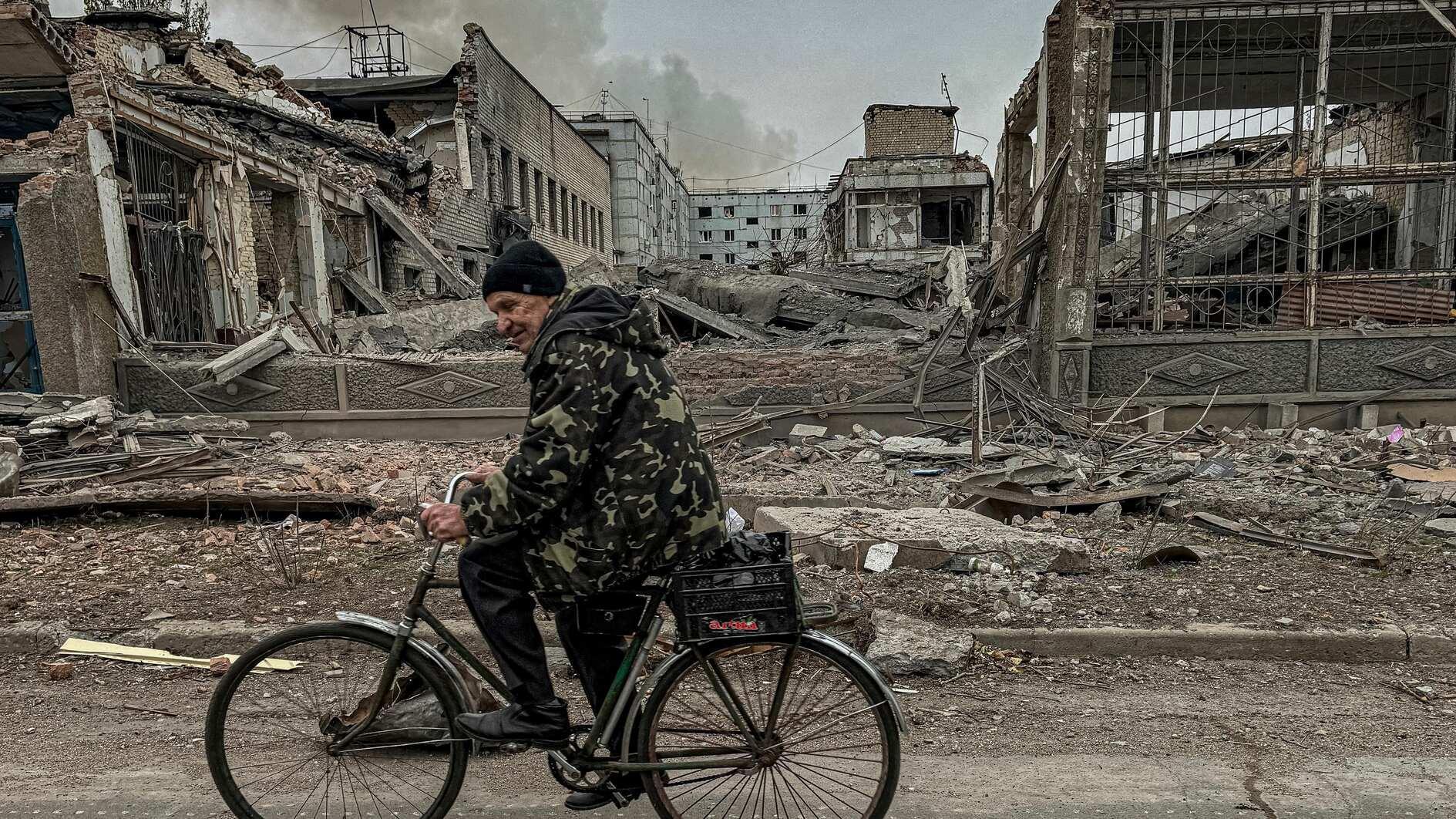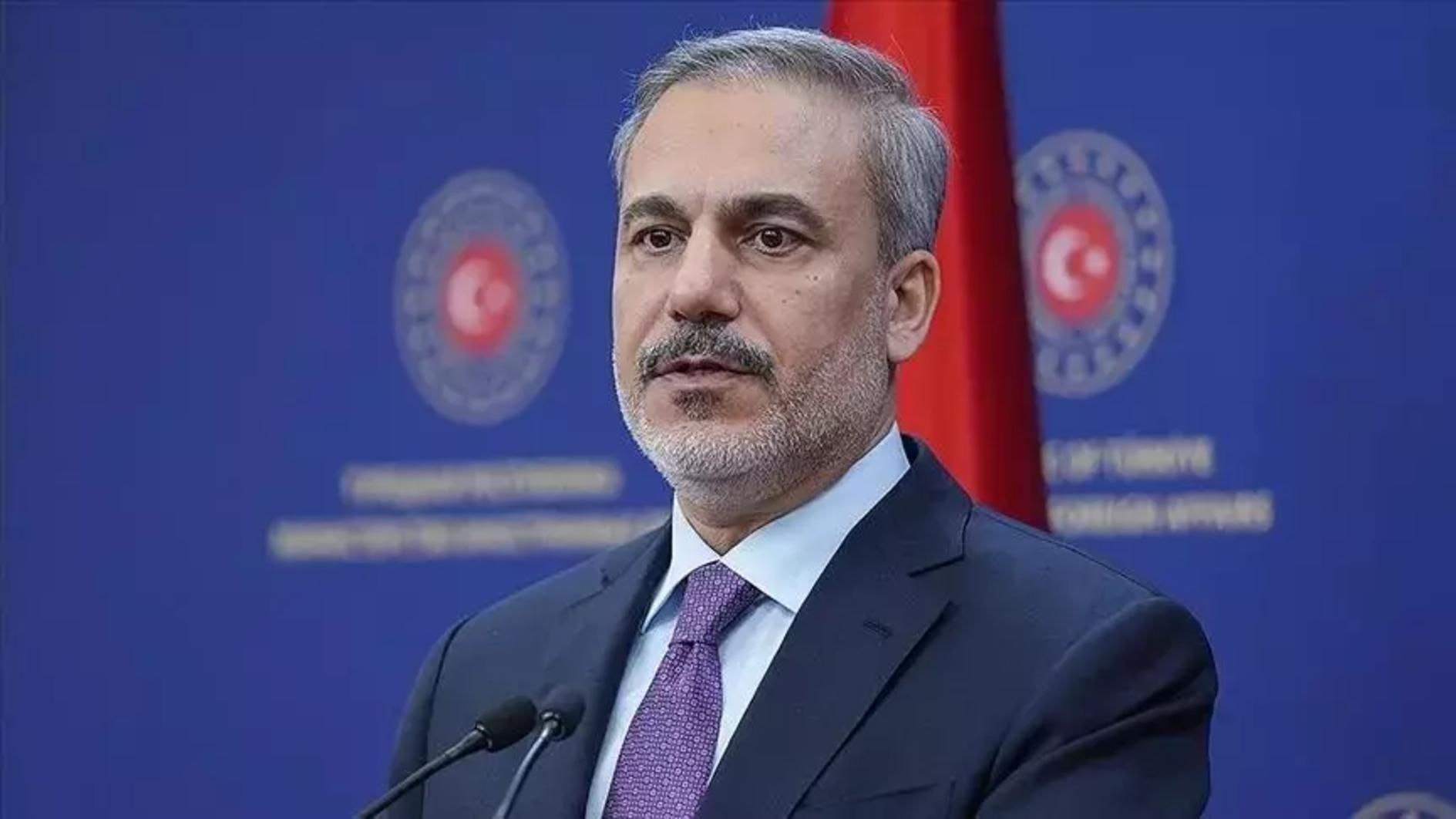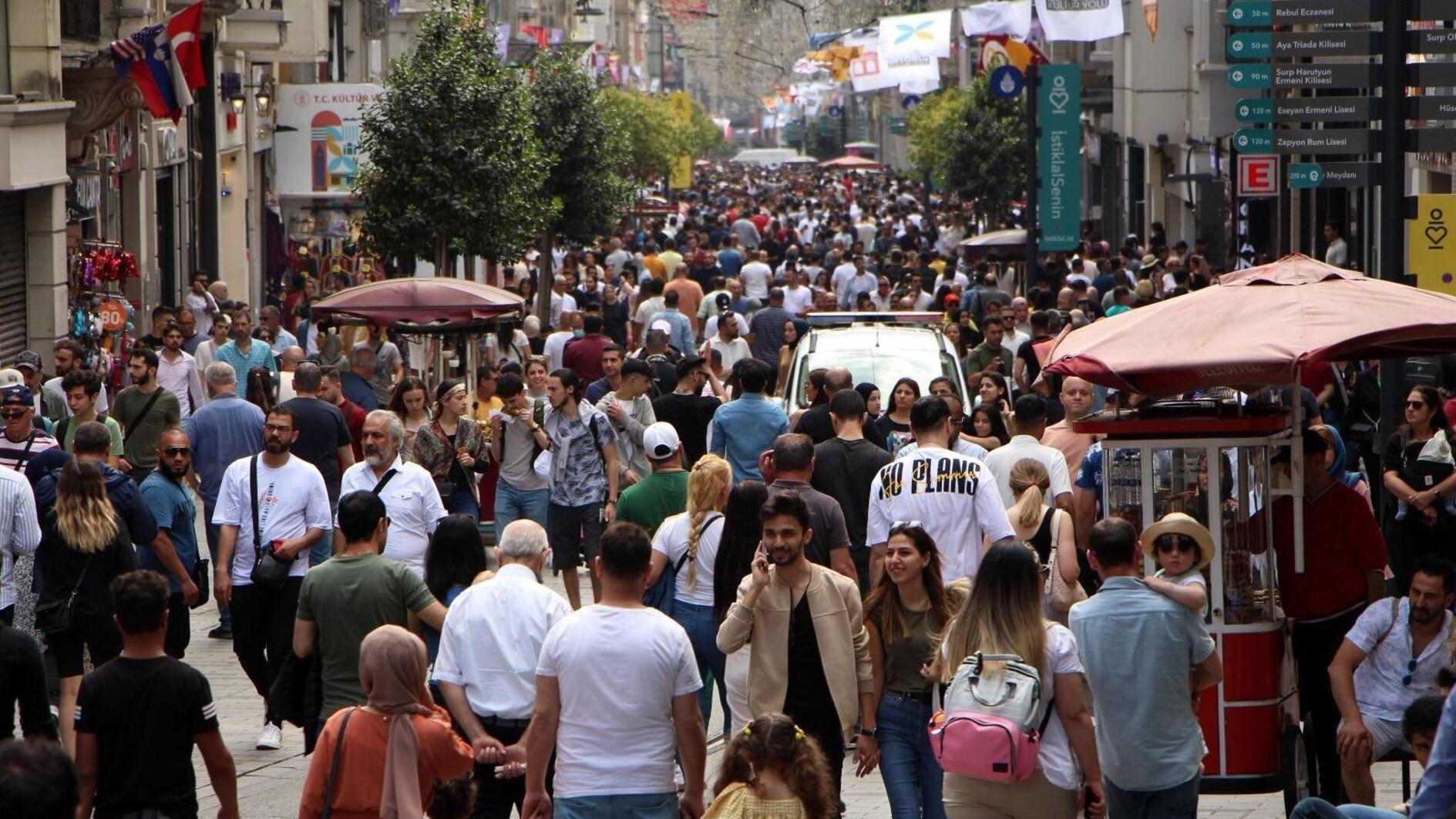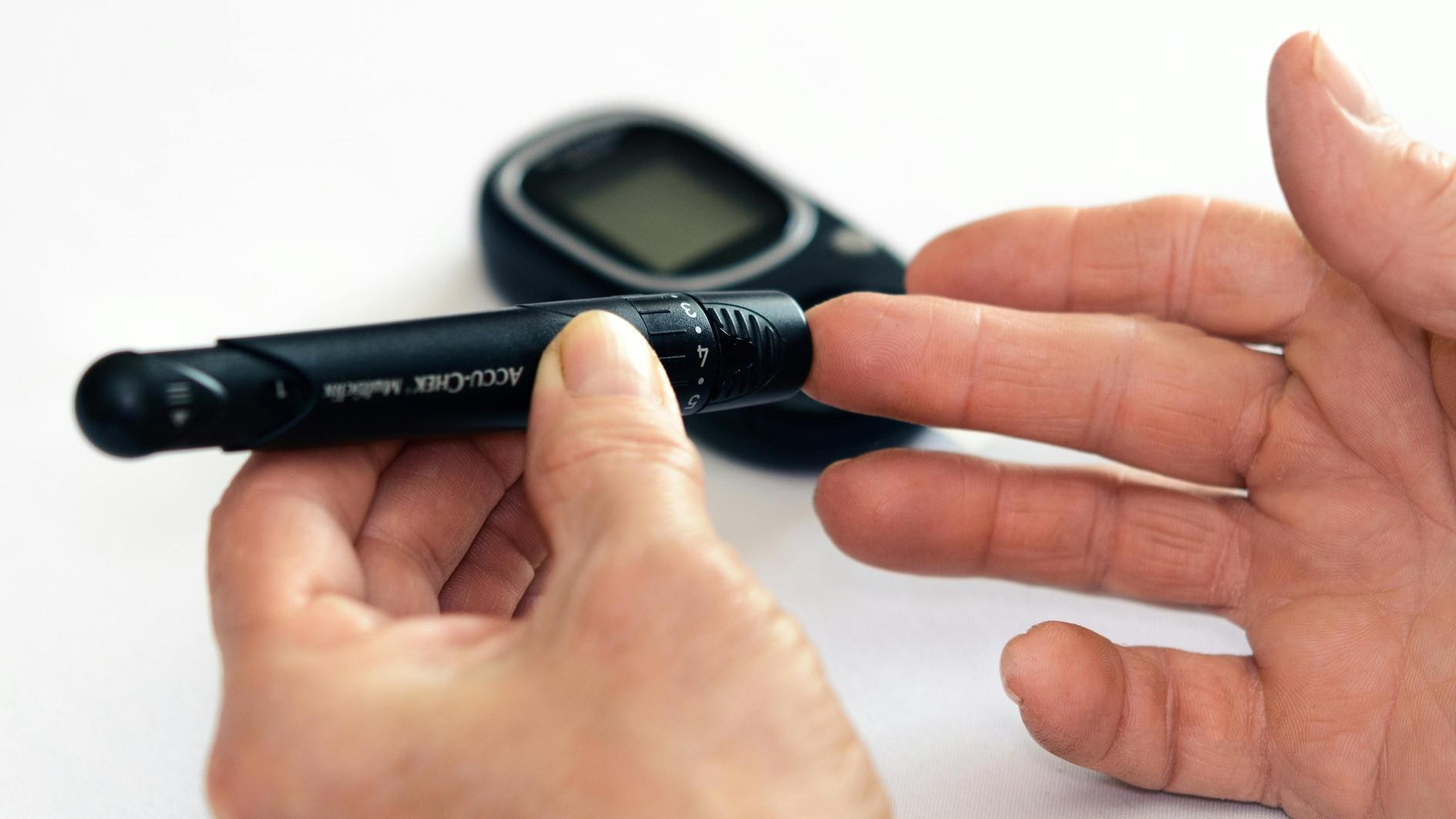Will government take opposition into the Kurdish ‘peace’?
The government took 3 steps at once on April 3 regarding the ongoing Kurdish “peace process,” as Prime Minister Recep Tayyip Erdoğan calls it.
The first was a rather psychological measure to convince the masses to give support to the process; the names on a “Wise People Commission” list were announced yesterday. It did not surprise many people, as most of the names were writers, academics and NGO names, not so distanced from the government, and a number of popular figures like film and music stars. They are expected to go to different regions of Turkey for the month ahead, following their first meeting planned with Erdoğan on April 4 and convey the merits of an immediate end to the arms by the outlawed Kurdistan Workers’ Party (PKK) as a must for peace at home. It is important keep in mind that this “going to the people” time coincides with the one-month effort of the outlawed Kurdistan Communities Union (KCK), as the popular front of the PKK, to tell their grassroots about the process.
The second step was the fourth visit of a three-member parliamentary delegation from the Kurdish problem-focused Peace and Democracy Party (BDP) to Abdullah Öcalan, the imprisoned-for-life leader of the PKK who is held on the İmralı island-prison south of Istanbul. The third visit had resulted in a letter by Öcalan, which was read out by two of the deputies at a mass rally in the mostly Kurdish-populated city of Diyarbakır, calling on the militants to get ready to put an end to the armed campaign he had started some 30 years ago and which has cost some 40,000 lives so far. The government’s permission for the visit shows that now we might be at the threshold of another crucial step.
That crucial step might be related to the third development yesterday, which was the move by the ruling Justice and Development Party (AK Party) proposing a “Resolution Process Assessment Commission” in the Parliament. That is not exactly the parliamentary commission that Öcalan has been mentioning for some time, taking the “Truth Commission” example of South Africa, or the “Commission to Search for the Realities” proposed by the main opposition Republican People’s Party (CHP). It seems it will dig in the near past to unveil the wrongdoings of the state apparatus in the anti-terrorism campaign, but seems to look toward the future rather than past.
Will that move be able to take CHP into the process? The BDP is already a part of the process and the Nationalist Movement Party (MHP) is not likely to be a part of it anyway. It is a fact that the PKK has asked the government (Zübeyir Aydar interview, HDN March 28, 2013) to pay more efforts to include CHP in the process. Lately President Abdullah Gül has called the government to win the CHP into the process (HDN, March 2, 2013).
The CHP will understandably have its own terms, such as being informed of the government perspective with more than just the public information, in order to give its support. But the inclusion of the CHP will not only speed up the process, but might also help the parliamentary work to write a new Constitution, which is on the verge of deadlock.











